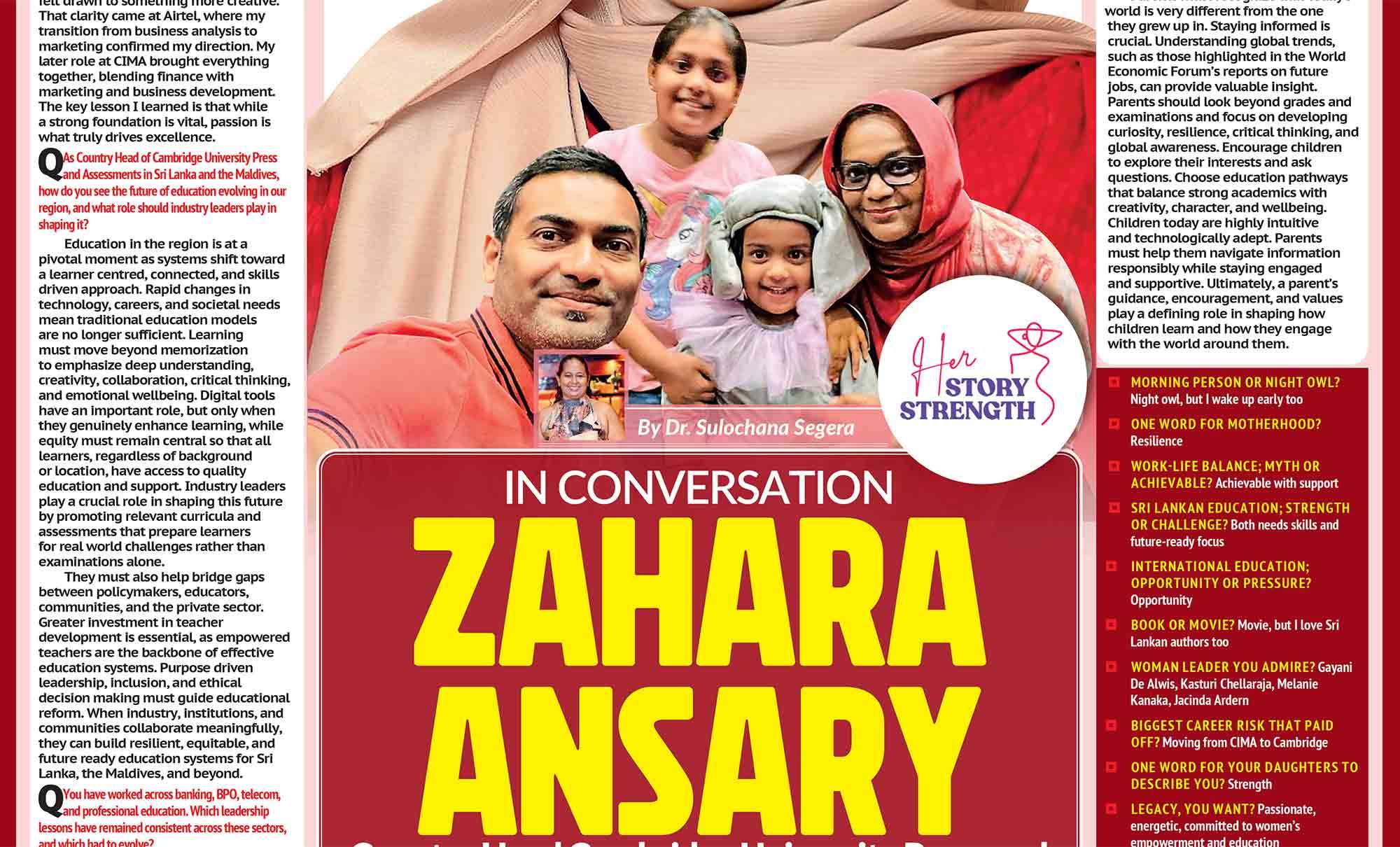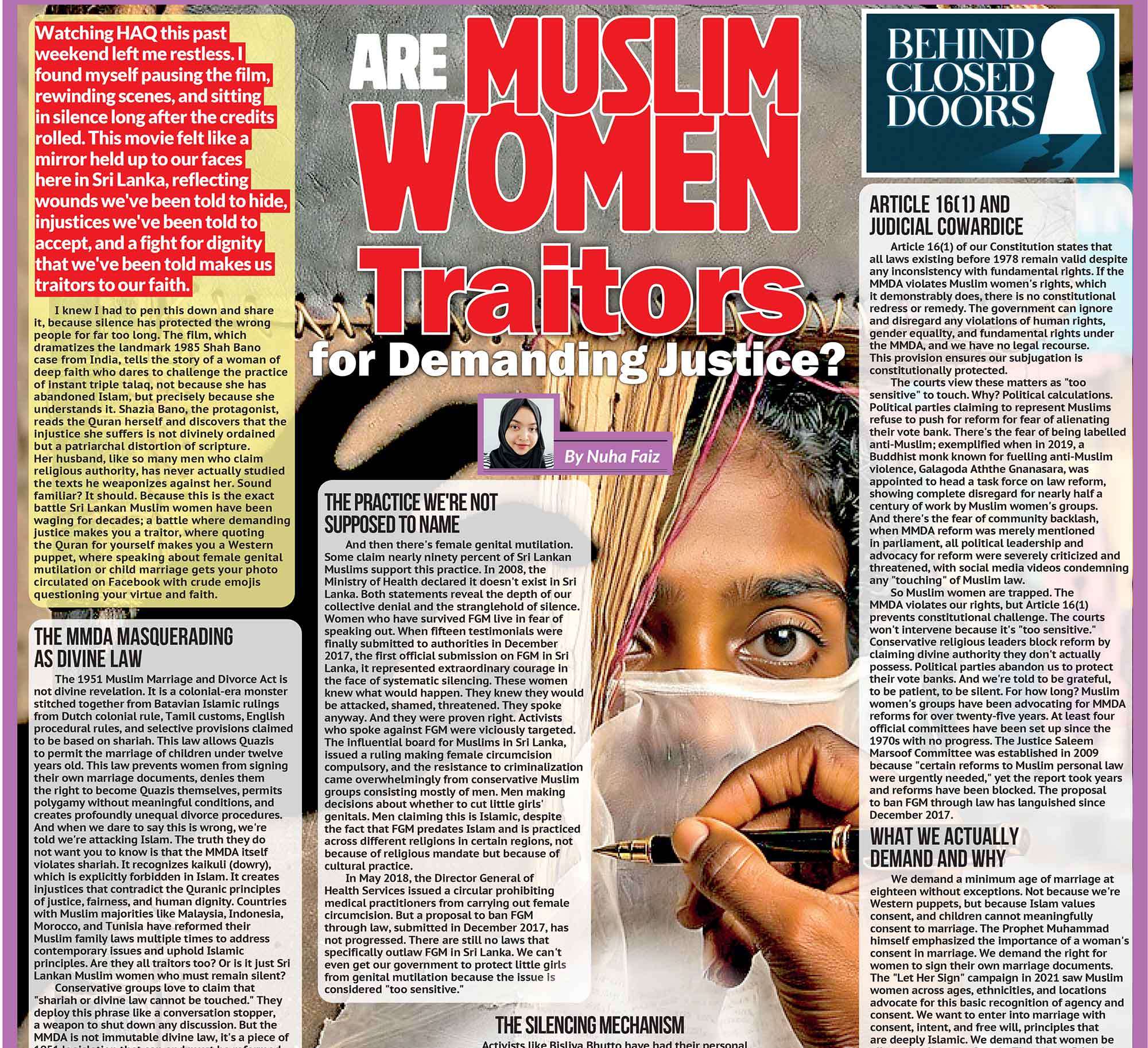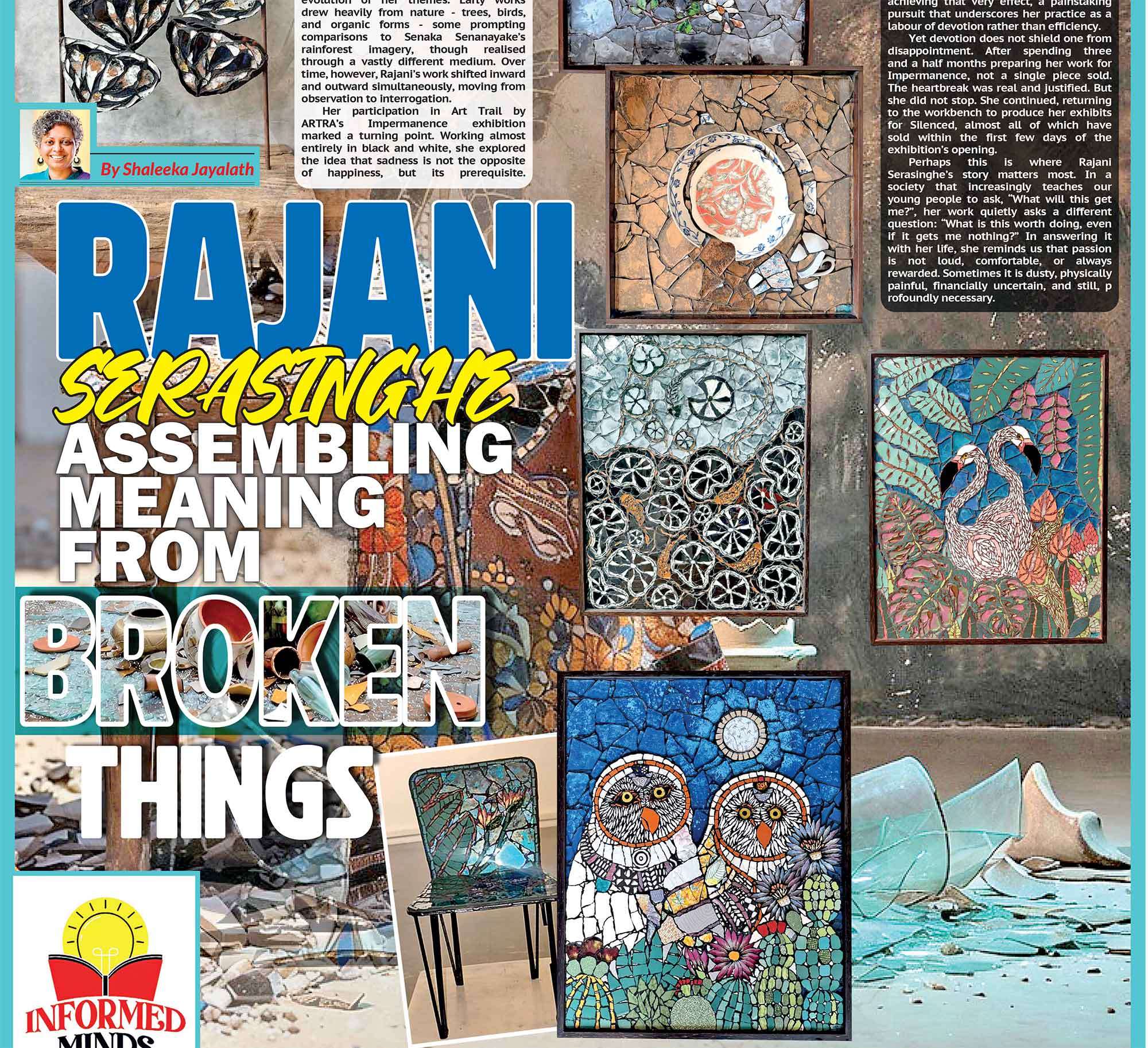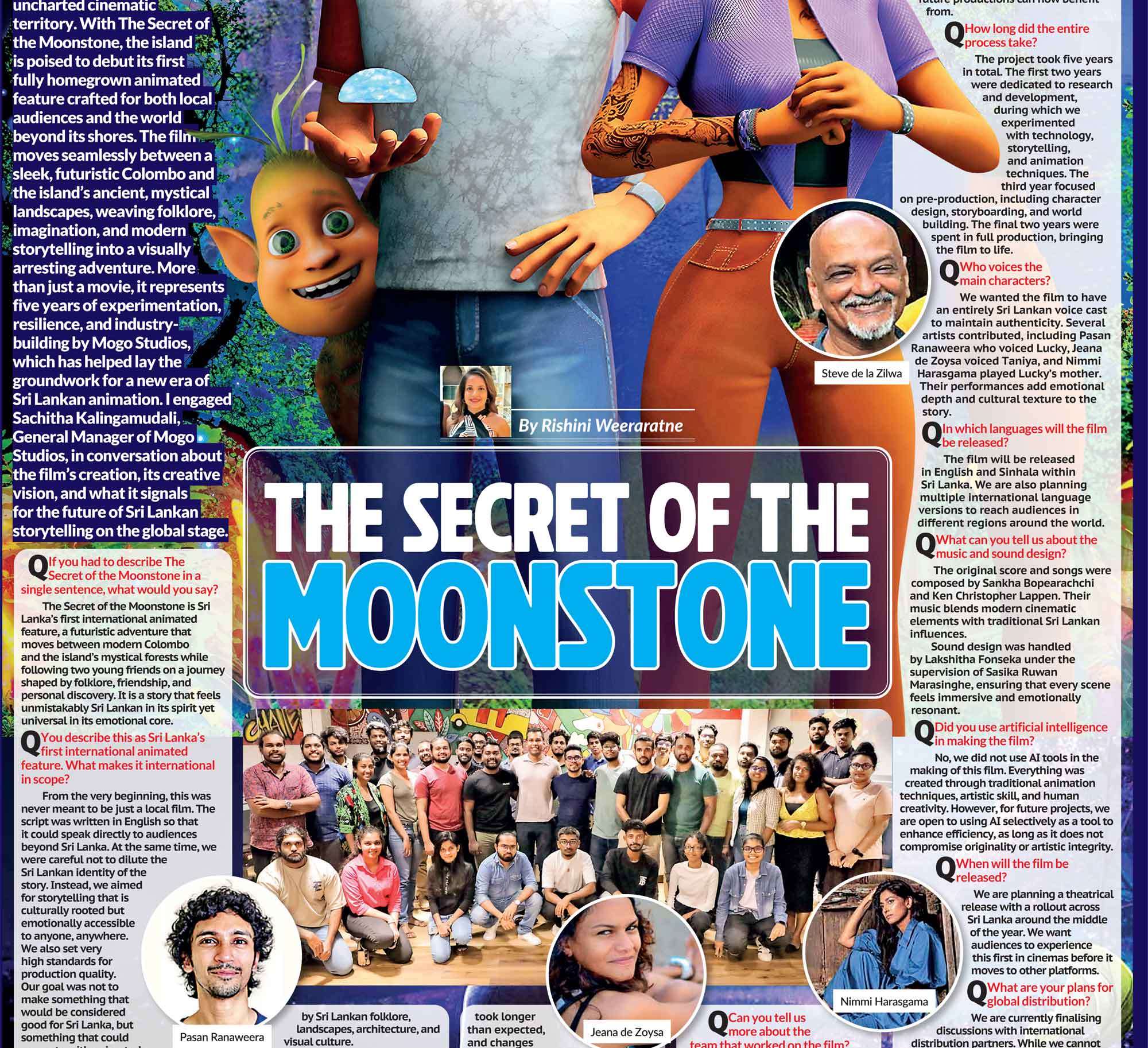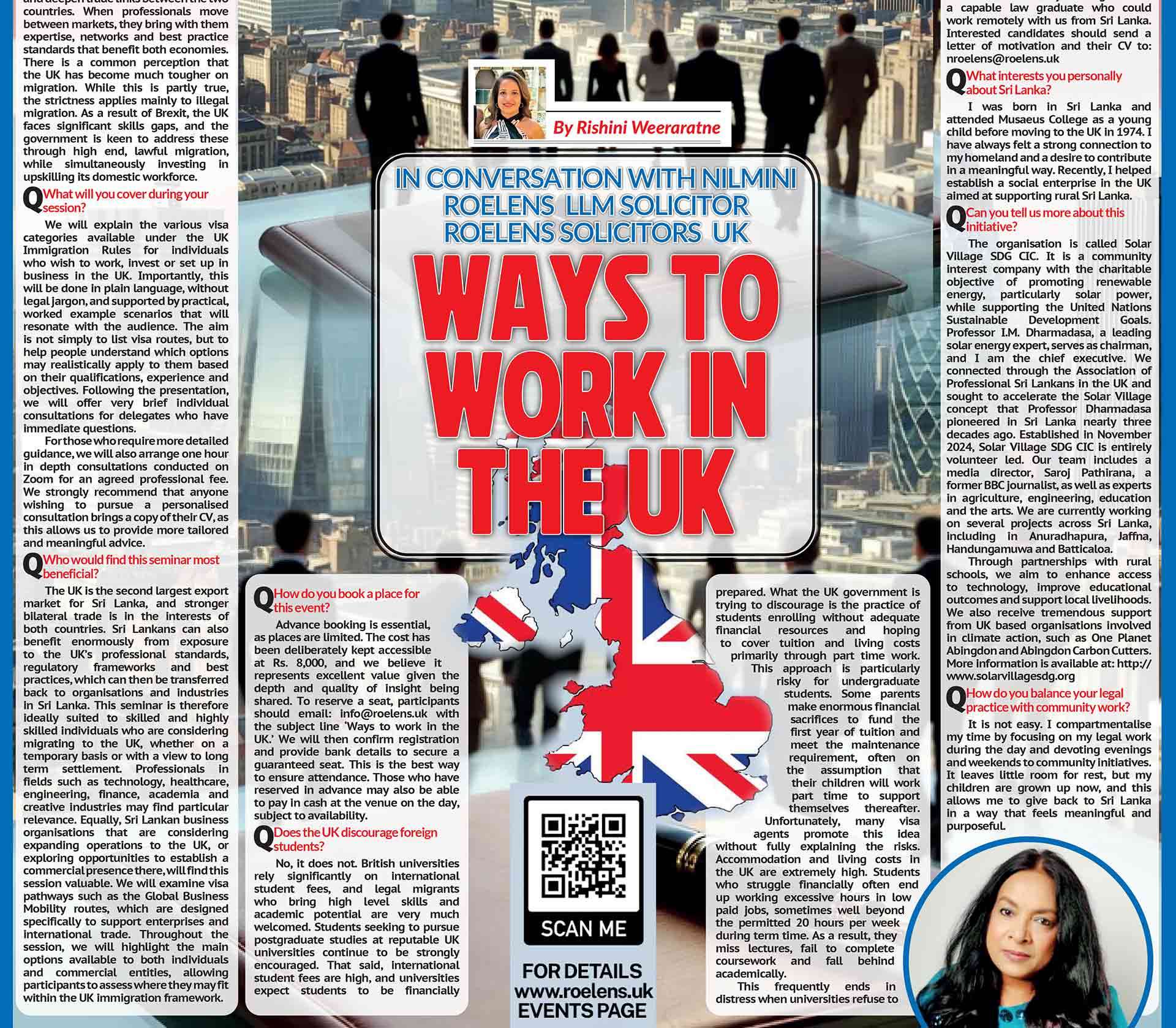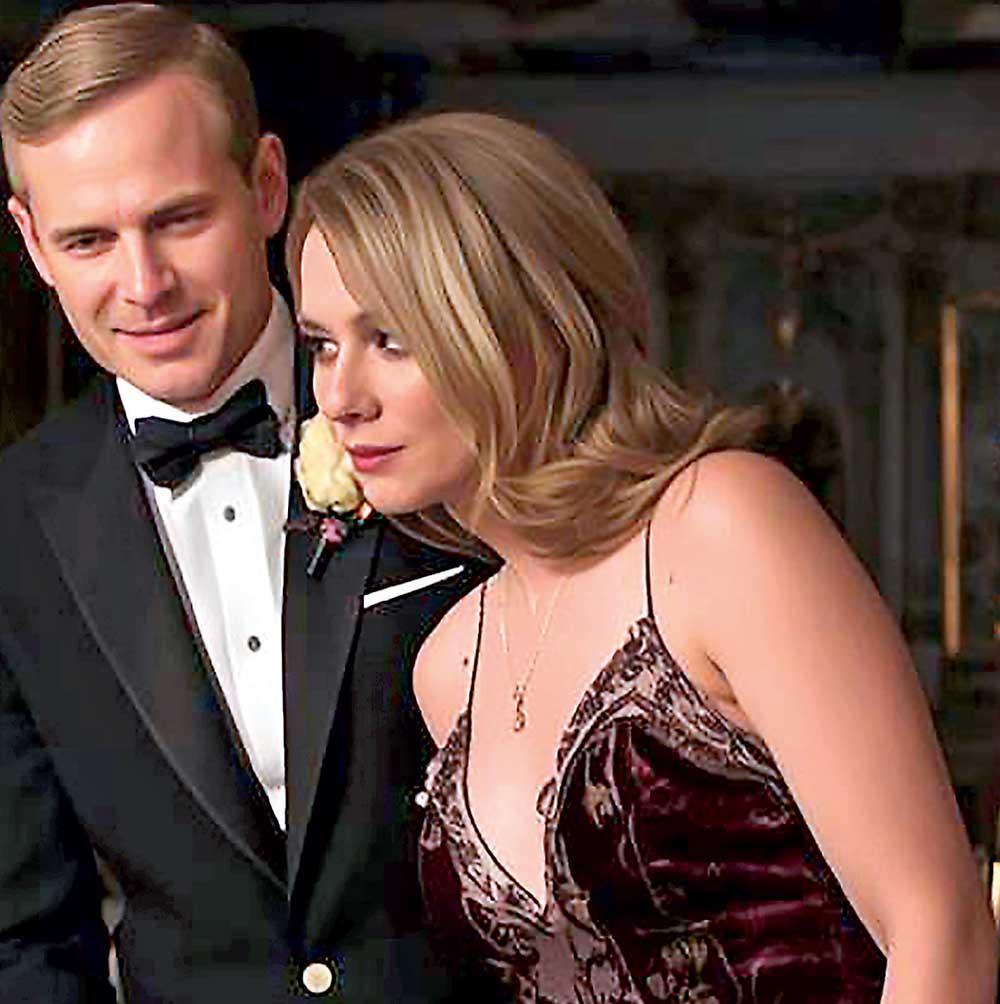
When was the last time a man held the door open for you, not out of necessity but out of old-fashioned courtesy? I am 20, and when I look around, the rituals of chivalry my mother and grandmother speak of seem to be fading. Men pulling out chairs, standing when a woman enters a room, offering jackets when we are cold. These gestures belong more to black-and-white movies than to daily life. Some people call this progress while others mourn its loss. It makes me wonder: Did women’s liberation kill chivalry, and more importantly, do we want it back?
The Rise of Chivalry
To answer that, we need to travel back several centuries. The word chivalry comes from medieval Europe and was rooted in the knightly code of honour. Knights were not only warriors, but they were also expected to embody loyalty, courage and a duty to protect the weak, especially women who were considered delicate and in need of safeguarding. Think of courtly love, the image of a knight kneeling before a lady and vowing to defend her honour. It may seem romantic, but it was deeply tied to the belief that women were fragile, precious and ultimately inferior. By the Victorian era, chivalry had become a social law. Women were “the fairer sex,” kept at home, protected but also restricted. Men opened doors because women were not expected to push through the world with force. They pulled out chairs because women were supposed to sit gracefully, not shift heavy furniture. These gestures were sweet on the surface, but they also reinforced the idea that women were incapable.
Women’s Liberation
In the twentieth century, suffragettes fought for the right to vote. During the Second World War women entered the workforce in unprecedented numbers. By the 1960s and 70s the women’s liberation movement was in full force, demanding equality in education, employment and law.
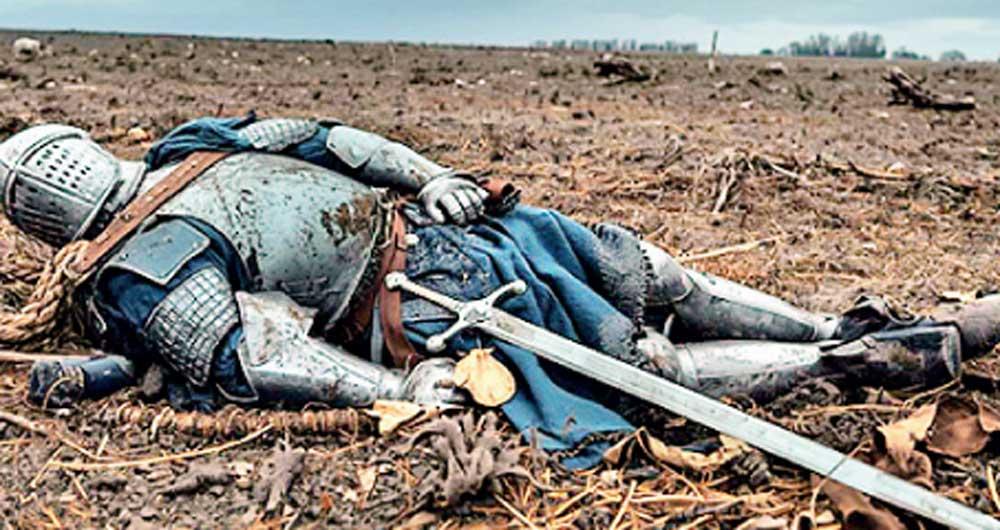
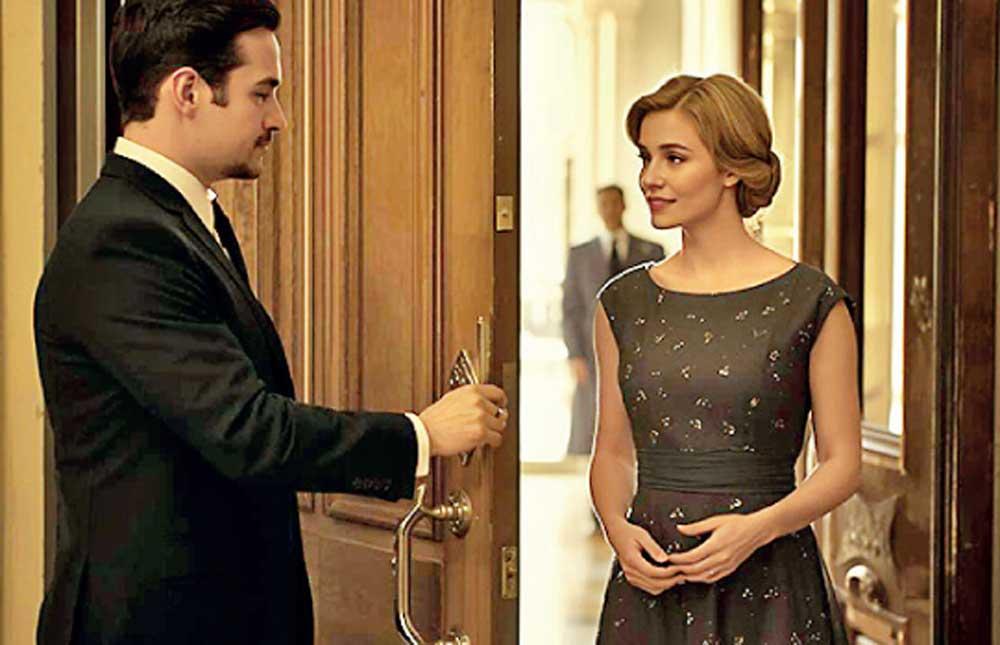
The old notion of women as weak and dependent came under attack. In this new context, holding a door open was no longer a harmless act. It became a symbol of something larger, a reminder of imbalance. Did women need men to take care of them? The feminists of that era answered with a clear no. Women did not want pedestals, they wanted equality.
Chivalry and Equality
The tension that still exists today is that equality often feels at odds with chivalry. When a man insists on paying for dinner, is it generosity or is it a suggestion that women cannot pay for themselves? When he pulls out a chair, is it respect or is it a subtle reminder of strength over weakness?
Younger women especially often find these gestures unnecessary or even offensive. They argue that they can open their own doors, and they are right. But should we reject small acts of courtesy simply because we are capable of doing them ourselves? That is where things get complicated.
Chivalry as Kindness
This is where the misunderstanding begins. Opening a door, pulling out a chair or offering to carry something does not have to mean a woman is fragile. I do not interpret those gestures as proof of incapacity. I see them as simple courtesy. It is the same as holding the door for someone balancing four coffee cups or giving up a seat for an elderly person. Those gestures are not about weakness, they are about thoughtfulness. So why not see men’s gestures toward women in the same way? The mistake is to assume that chivalry must be about weakness, when it can just as easily be about respect. Women do not need to be “the fairer sex” to appreciate kindness. Chivalry should be about care, not condescension.
Do We Secretly Miss It?
If I am being honest, part of me does miss it, or perhaps the idea of it. I do not need a man to open my door, but it would make me feel valued. Special in a way that is not about dependence but about care. The problem is that the cultural script has changed. Men hesitate. If he holds the door, will she roll her eyes? If he does not, will she think he is rude? The result is awkward silence, where small gestures are withheld out of fear or misunderstanding.
The Generational Shift
This debate plays out differently across generations. My grandmother could expect chivalry, and to her, a man who did not stand when a woman entered a room was badly raised. My mother might appreciate it but does not require it. My peers are split. Some crave the romanticism of old-school gestures while others see them as cringe, relics of sexist traditions. This divide shows up in dating culture too. On TikTok, endless debates rage over whether men should pay on the first date. Some women insist that if he does not pay, he is not serious. Others say that is outdated and equality means splitting the bill. Equality has blurred the rules, leaving everyone confused about what respect looks like in practice.
The “Fairer Sex”?
This brings me to the hardest question: are women still the “fairer sex”? Historically, that phrase suggested weakness wrapped in a pretty face. Today it sounds patronizing. Women are not by default fairer, weaker or softer.
We are CEOs, athletes, soldiers and scholars.
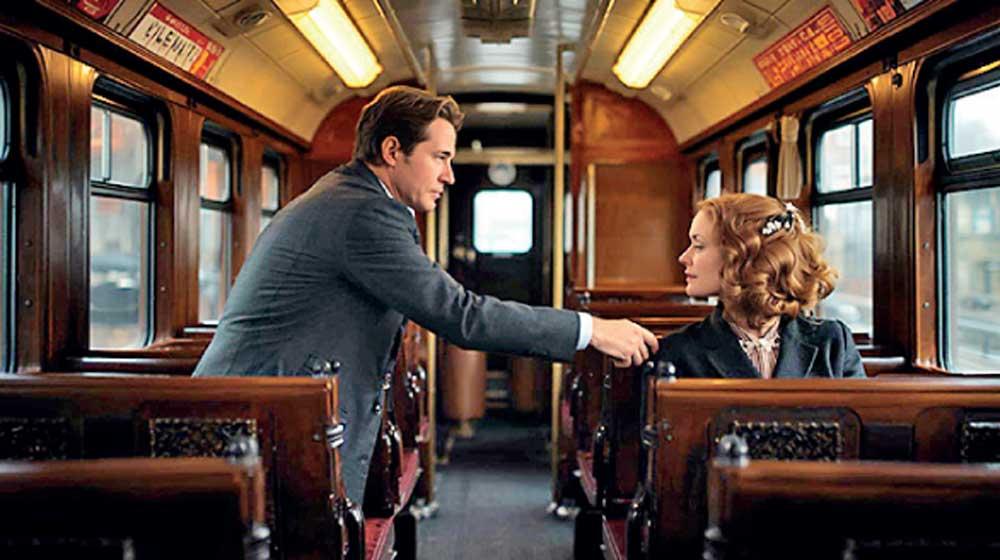
But does that mean we should lose the opportunity to be treated with gentleness? I do not think wanting courtesy means admitting weakness. Strength and softness are not opposites. The problem is that old chivalry was rooted in inequality, and the modern world has not quite figured out how to replace it.
Maybe Chivalry is Evolving
Perhaps we need to rethink what chivalry means. Instead of men doing things because women cannot, gestures can be about respect and kindness. A man opening a door for me does not mean I am weak, it means he is considerate. I could do the same for him. In other words, modern chivalry should not be one-sided. It should be mutual. Acts of kindness, not acts of dominance. That way we preserve the sweetness of courtesy without reinforcing outdated roles.
What I Think
Did women’s liberation kill chivalry? Perhaps it wounded the old version, but it did not kill the spirit. Women wanted equality, not coldness. We wanted the right to choose, not the loss of tenderness. If a man opens my door, I will thank him. If I open his, he should thank me. Equality does not mean stripping life of small gestures, it means sharing them. Most of us do not want to return to knights and ladies, but neither do we want a world where romance feels robotic. Somewhere between those extremes lies balance. Kindness without condescension, respect without superiority. Chivalry is not dead. It simply needs to grow, just as we have. The question is not whether women’s liberation killed chivalry, but whether we are willing to redefine it. Women are not the “fairer sex” anymore, but we are still human, and humans long for kindness. A pulled-out chair will not erase centuries of inequality, but it can make someone feel cared for in a small but meaningful way. And perhaps that is what we are all really craving; not dominance, not weakness, but gentle reminders that even in an equal world, we can still be kind to one another.



